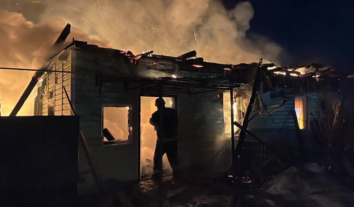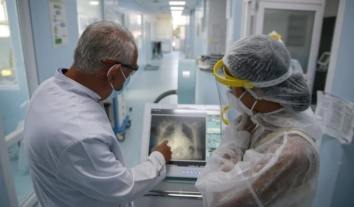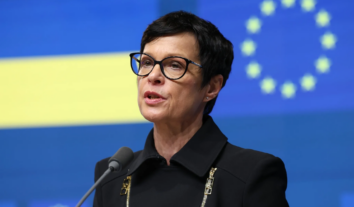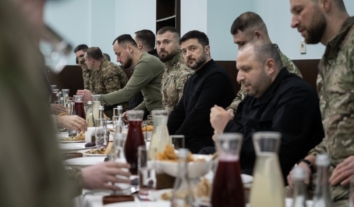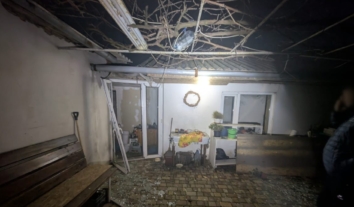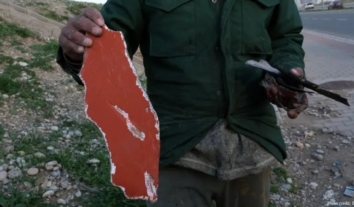The Ombudsman received over 1,300 complaints about shortcomings in the system of state protection of civilians released from captivity
A monitoring effort by the Ombudsman’s Office revealed that many freed civilians are unaware of available state social support programs and consequently do not access them. Key issues include the ineffective operation of the relevant Commission for Establishing the Fact of Deprivation of Personal Liberty Due to Armed Aggression Against Ukraine and a lack of mechanisms for implementing social guarantees, as detailed in the Ombudsman’s annual report on human rights in Ukraine for 2024.

In 2024, the Ombudsman’s Secretariat received more than 1,300 appeals concerning the rights and freedoms of civilians deprived of liberty as a result of Russia’s armed aggression. These appeals primarily focused on proceedings related to civilian detentions, facilitating the confirmation of deprivation of liberty, assistance with release and return to Ukraine, and obtaining socio-economic and legal aid, as well as support for the reintegration of released individuals into society.
According to the Prosecutor General’s Office, between February 24, 2022, and December 24, 2024, Ukrainian law enforcement agencies registered 4,230 criminal proceedings concerning 1,739 civilian individuals. The International Committee of the Red Cross (ICRC) confirmed the imprisonment of 909 of these individuals.
Several issues brought to the Ombudsman by citizens released from unlawful detention or by relatives of those currently imprisoned in temporarily occupied territories of Ukraine and Russia concerned the implementation of rights guaranteed by the Law “On Social and Legal Protection of Persons Whose Fact of Deprivation of Personal Liberty Due to Armed Aggression Against Ukraine Has Been Established, and Their Family Members.” The most common problems included:
- The procedure for establishing the fact of deprivation of personal liberty for individuals released outside of prisoner exchanges;
- The realisation of the right to information for individuals whose deprivation of personal liberty due to armed aggression against Ukraine has been established, and for their family members;
- The receipt of annual state financial assistance;
- Access to comprehensive medical care and rehabilitation measures;
- The granting of deferment from military service during mobilisation for these affected individuals, for whom the fact of deprivation of personal liberty due to armed aggression against Ukraine was established after their release.
The Ombudsman’s Office reports that in their appeals, victims complained about the effectiveness of the Commission for Establishing the Fact of Deprivation of Personal Liberty Due to Armed Aggression Against Ukraine.
Specifically, problems included:
- Unregulated issues concerning the commission’s establishment or confirmation of family relationships;
- Lack of operational access for commission members to information and communication systems, state registers, and databases.
Currently, the commission is not empowered to access information and communication systems, state registers, or databases, especially those with restricted access.
Additionally, in their appeals to the Ombudsman, applicants raised questions regarding the possibility of an authorised person receiving the annual state monetary assistance. While the relevant law specifies that the commission can determine the right for this category of citizens to receive monetary assistance in personal accounts of individuals authorized by them or their family members during the period of martial law in Ukraine, the procedure for deciding on establishing the fact of deprivation of personal liberty due to armed aggression against Ukraine does not require the commission to define the signs of deprivation of liberty as outlined in Article 2 of the relevant law. These circumstances are also not entered into the Unified Register of Persons Whose Fact of Deprivation of Personal Liberty Due to Armed Aggression Against Ukraine Has Been Established. The Ombudsman’s Office concluded that the application of this legal norm lacks an implementation mechanism, which could lead to subjective factors influencing the commission’s decisions.
The Ombudsman’s Office considers it appropriate to amend paragraph 8 of clause 7 of the Regulation on the Commission, which should extend the right to receive annual state monetary assistance to victims specified in subparagraph “b” of paragraph 2, part one, of Article 2 of the relevant law.
The Ombudsman’s Office believes that the Ministry of Development should address the shortcomings in the work of the Commission for Establishing the Fact of Deprivation of Personal Liberty Due to Armed Aggression Against Ukraine and enhance its effectiveness.
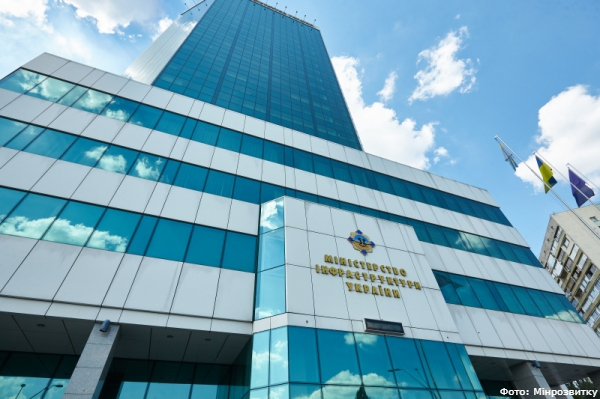 Photo: Ministry of Development
Photo: Ministry of DevelopmentFurthermore, the Ombudsman’s Office also indicates that the relevant law provides a range of social guarantees for civilians whose deprivation of personal liberty due to Russian armed aggression has been established. This includes the right to receive technical and other rehabilitation aids, sanatorium-resort treatment, and social services.
However, after monitoring the situation, the Ombudsman’s Office found that while these guarantees exist in law, they are not being implemented in practice. Information obtained from 25 regional and Kyiv City military administrations, the National Social Service, and the Social Protection Fund for Persons with Disabilities provided grounds for the following key conclusions:
- Released civilians are not aware of state social support options and therefore do not utilise them;
- State authorities are not tracking how the guarantees provided by the relevant law are working for these civilian victims;
- Territorial communities do not fully possess information about civilians released from captivity and their needs.
The Ombudsman’s monitoring also revealed that while the relevant law provides for the accrual and payment of the Single Social Contribution (SSC) for this category of victims to include the period of their deprivation of personal liberty in their insurance record, legislators did not specify who is responsible for paying this contribution in the law. Consequently, these individuals are not accumulating insurance seniority.
The Ombudsman provided recommendations to the Ministry of Social Policy, based on which the draft law “On Amendments to Certain Laws of Ukraine Regarding the Payment of the Single Contribution for Persons Whose Fact of Deprivation of Personal Liberty Due to Armed Aggression Against Ukraine Has Been Established” (Registration No. 11122 dated March 25, 2024) was developed. This document proposed establishing the body responsible for paying the SSC for these affected citizens. The parliamentary Committee on Social Policy and Protection of Veterans’ Rights has prepared the draft law for its second reading.
Among other problems identified by the Ombudsman’s Office is housing for this category of civilian victims.
“This is the foundation for restoring social connections, integrating into society, and re-establishing a normal living environment,” the annual report states.
The relevant law defines the right of individuals whose deprivation of personal liberty has been established to receive temporary housing after their release.
However, the Ombudsman’s Office’s monitoring of legislation found that this category of citizens is absent from the government-approved procedures for forming temporary housing funds and for providing and using residential premises from these funds.
To prevent violations of housing rights, the Ombudsman initiated amendments to the legislation. The recommendations were taken into account, and the government adopted a resolution that amended the Procedure for Providing and Using Residential Premises from Temporary Housing Funds. However, the Procedure for Forming Temporary Housing Funds was not similarly amended.
Additionally, the Ombudsman’s Office investigated how the state ensures the housing rights of these individuals by sending questionnaires to the Kyiv City Military Administration and 24 regional military administrations. The monitoring revealed that among civilians deprived of personal liberty after their release from unlawful Russian detention, only eight applied to local self-government bodies with a request for temporary housing, and only one person was provided with such housing.
“This indicates an insufficient number of residential premises in temporary housing funds and low awareness among these individuals regarding the possibilities of obtaining this type of assistance,” the Ombudsman’s Office concluded.
Earlier, the Eastern Ukrainian Centre for Civic Initiatives called on authorities to reform the state system of support and legal protection for those released from captivity to ensure adequate and fair reparations in the future. In its research, the human rights organisation noted several shortcomings in this system and emphasised that an ineffective system for recognising victims of Russian aggression diminishes potential reparations for Ukraine.

